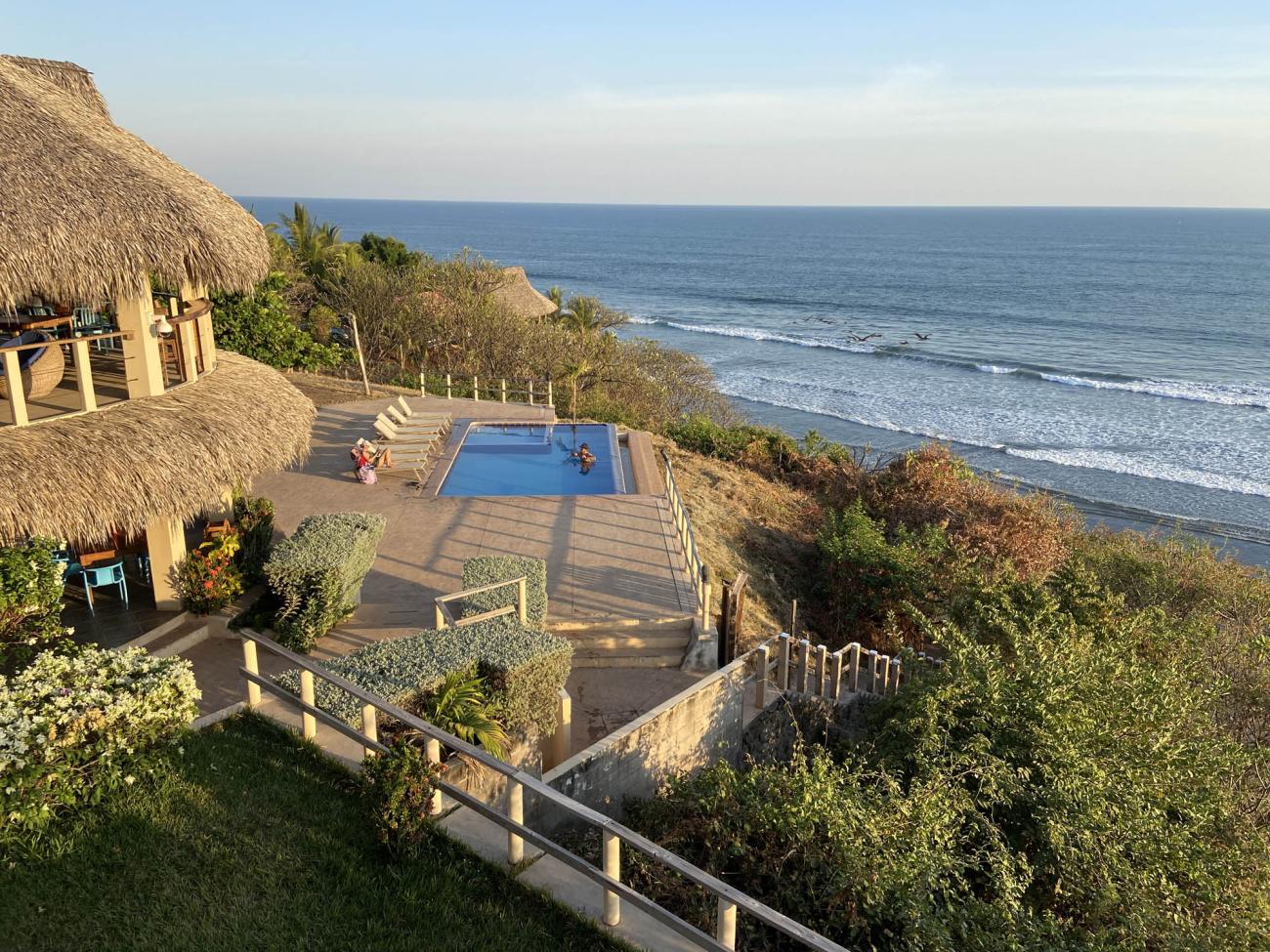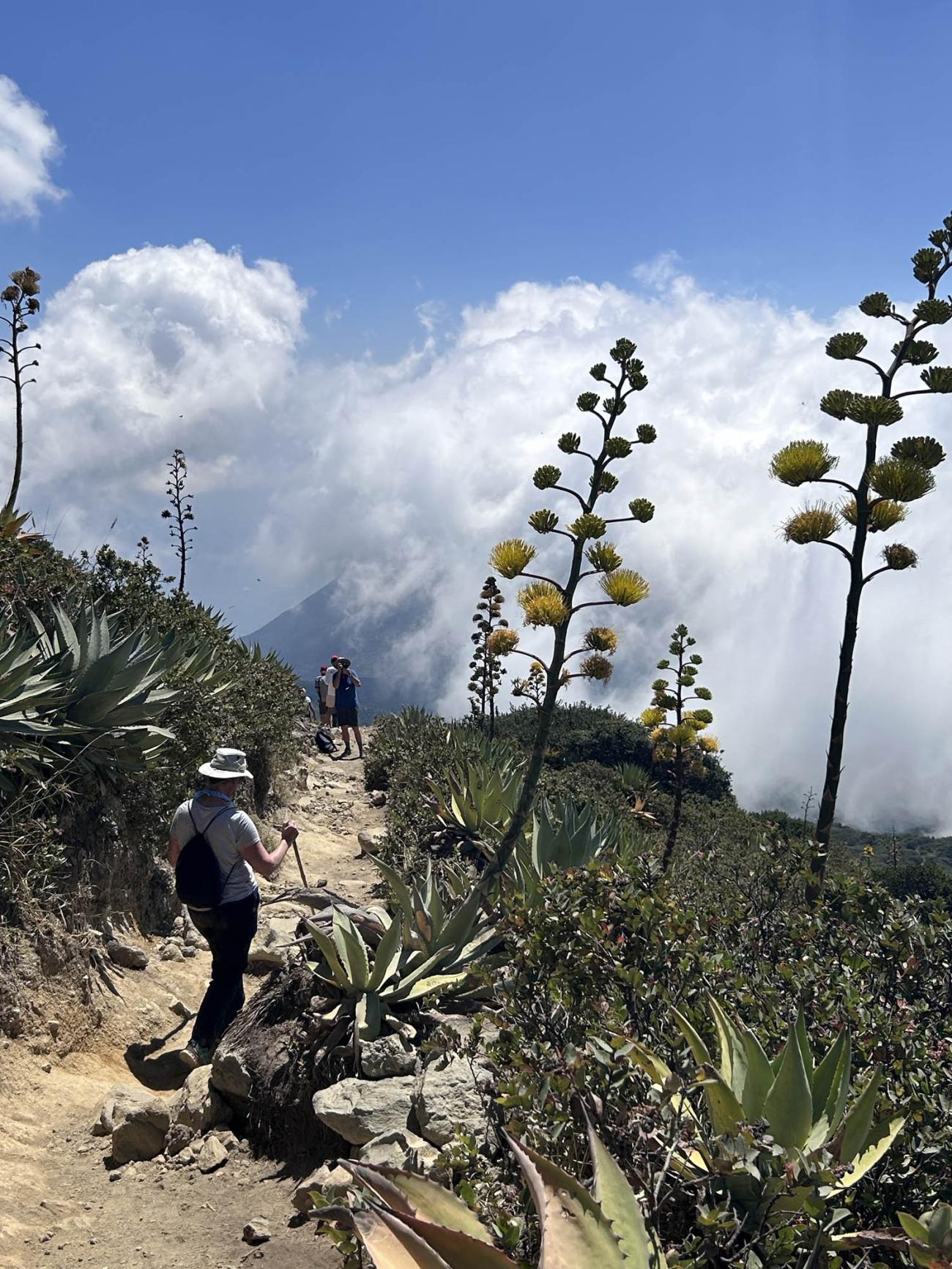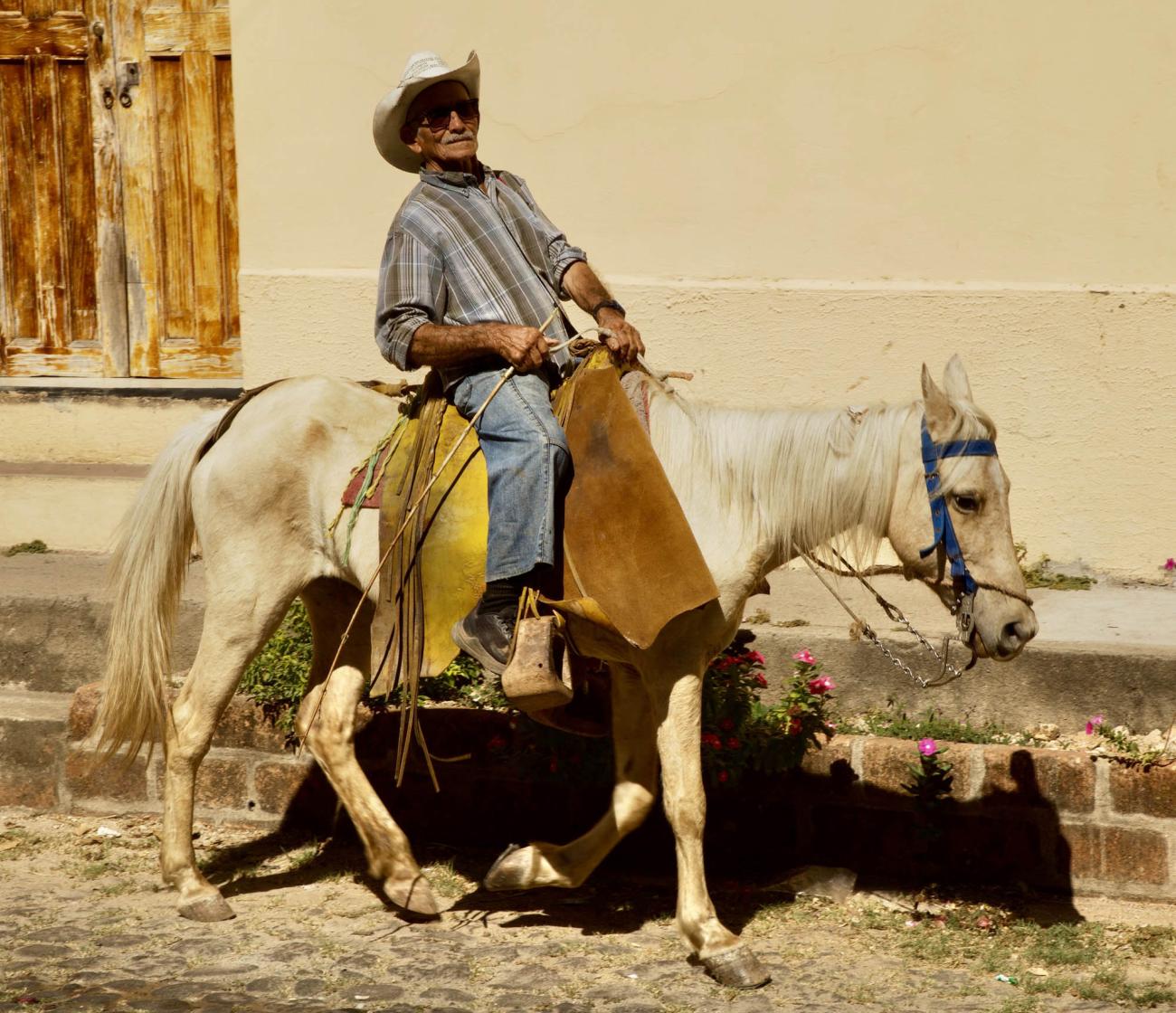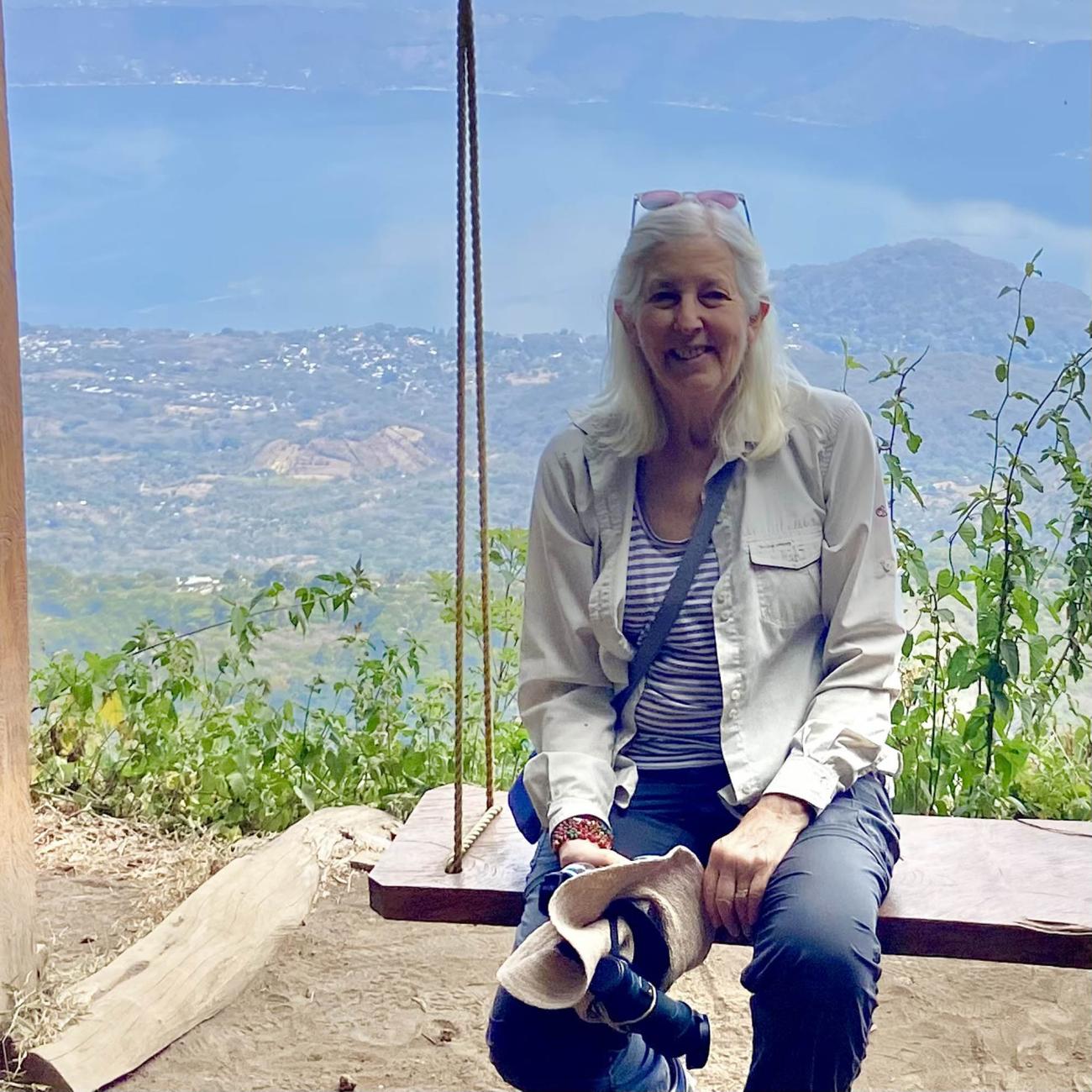Discovering El Salvador
The biggest surprise of the Central American Odyssey has to be El Salvador. Reports over the past few years have focussed on lawlessness, extortion gangs and the highest murder rates in the world. Recent images in the media have shown some of the 80,000 prisoners - many bearing the trademark tattoos of their respective gangs - who have been rounded up into purpose-built facilities. While doing the pre-holiday packing, we bore in mind the advisability of having secure money pouches and hefty shoulder straps to minimise bag-snatching.
Reality could not have been further from expectation. Entering the country at La Union (after a smooth speed-boat crossing over the Gulf of Fonseca from Nicaragua) was a delightfully informal process and, even though the frequent roadside crematoria (on route to our first night’s stop) were a constant reminder of times past, the armed guards at tidy petrol stations were more welcoming than threatening. They smilingly opened doors as we piled in for what our guide termed ‘a technical stop’.

We reached the Pacific coast that evening in time to view the sunset from an infinity pool high above a long beach where powerful waves were breaking. In President Bukele’s plan to revive the country’s image, the coastline is being marketed as Surf City to attract a new, young generation of overseas visitors. The branding already features on the country’s planes, new access roads are being built and, judging by the number of enthusiastic surfers heading out at dawn, the message is reaching its target audience.

As our bus drove past sugar-plantations and fields of maize with spectacular views of El Salvador’s volcanic landscape, our local guide sensitively recounted his own family’s past experience of the violence, extortion and fear that had been everyday life until very recently. Arriving in the colonial village of Suchitoto with its colourfully painted Spanish-style houses, he pointed out the image of the national bird, the blue-browed motmot, stencilled on the walls with a phrase that translates as ‘In this house we hope for a life free of violence towards women.’ And indeed, walking alone up the cobbled streets that evening to join others for supper, it felt remarkably safe. Greetings of ‘hola’ and ‘thank you for visiting’ came from the families sitting on their front steps or gathered in the central square. There was more danger of tripping over the erratic pavements and dodgy manhole covers!

This palpable sense of relief and positivity was everywhere we went - a sense that there was, finally, a future worth working for and that, having experienced this new freedom, people didn’t want to let it go. This was reinforced a few days later when the local mayoral elections provided further emphatic backing for Bukele’s ‘New Ideas’ policies which have already daringly invested in Bitcoin as the national currency. There’s still a long way to go to firmly establish a new identity for El Salvador but the world watches with interest - and so will we.
I’ll leave the other delightful surprises of Nicaragua, Honduras and Guatemala for future travellers to discover for themselves on this eye-opening odyssey!

